By Amina Ojelabi
The Minister of Marine and Blue Economy, Adegboyega Oyetola, has rolled out a transformative agenda to revolutionize Nigeria’s maritime sector through innovation, sustainability, and strategic investment.
Speaking at the 7th edition of the Taiwo Afolabi Annual Maritime Conference (TAAM 7.0) on Friday at the University of Lagos, Oyetola represented by Dr. Mercy Ilori Olanike, Director of Maritime Services outlined sweeping reforms designed to upgrade port infrastructure, digitalize operations, and position Nigeria as a global maritime leader.
“The creation of the Marine and Blue Economy Ministry marks a decisive move by President Bola Tinubu’s administration to fully harness Nigeria’s coastal and marine potential for national growth,” he said.
Oyetola announced that the Federal Executive Council has approved a National Policy on Marine and Blue Economy to serve as a master plan for unlocking opportunities across sectors such as ports, fisheries, ocean energy, marine biotechnology, and coastal tourism.
“We are not just building infrastructure; we are building the future,” the minister emphasized, highlighting the government’s commitment to innovation-driven port rehabilitation, improved service delivery, and environmentally conscious practices.
He revealed ongoing efforts under the Western Ports Rehabilitation Programme, including the reconstruction of the Apapa and Tin Can Island Ports, alongside procurement for Eastern Ports upgrades.
These physical improvements are complemented by digital solutions like the Port Community System and One-Stop-Shop platform, already streamlining cargo operations and reducing delays.
On shipping development, Oyetola reaffirmed plans to revive the National Carrier through a public-private partnership. He also confirmed the long-awaited disbursement of the Cabotage Vessel Financing Fund (CVFF) to support indigenous shipping operators. He noted that digitalisation across maritime agencies is already boosting revenue, transparency, and efficiency.
Oyetola stressed that port expansion must not come at the environment’s expense. He emphasized the ministry’s focus on sustainable, energy-efficient port operations, including emission cuts, waste reduction, and recycling initiatives.
Security was another highlight, as the minister celebrated Nigeria’s third consecutive year of zero piracy incidents, crediting the Deep Blue Project for stabilizing the Gulf of Guinea.
He also announced that Nigeria’s offer to host the African Union’s Combined Maritime Task Force in Lagos has received endorsement from the AU Peace and Security Council.
Additionally, Nigeria has launched its campaign for a Category “C” seat on the International Maritime Organization (IMO) Council to further influence global maritime policy.
Oyetola called on Nigerian universities and young professionals to spearhead research into emerging technologies like marine robotics, which he sees as pivotal for underwater surveillance and ocean data gathering.
He pledged collaboration with academia and innovation hubs to create indigenous tech solutions.
Earlier, Dr. Taiwo Afolabi, Chairman of SIFAX Group and convener of the conference represented by Mrs. Wunmi Eniola-Jegede called for urgent investments in modern, resilient infrastructure to unlock Nigeria’s blue economy potential. He emphasized the country’s coastline as a springboard for job creation, global trade competitiveness, and foreign investment.
Delivering a keynote address, Jean Chiazor Anishere (SAN), Vice President of the Port Consultative Council (PCC), stressed the need for smart, green, and inclusive port systems that balance economic goals with environmental sustainability. She urged young people to see themselves as architects of a greener maritime future.
In his welcome speech, Aderounmu Enoch Adewunmi, President of the University of Lagos Maritime Forum, encouraged students to embrace leadership now, not later. He highlighted the Forum’s decade-long impact through mentorship, internships, and programs like the Maritime Masterclass and the Jean Chiazor National Essay Competition.
The Taiwo Afolabi Annual Maritime Conference jointly organized by SIFAX Group and the UNILAG Maritime Forum continues to be a vital platform bridging academia and industry, fostering dialogue on the future of Nigeria’s maritime sector.
Closing his address, Oyetola reaffirmed the ministry’s vision to build a maritime industry that is resilient, inclusive, tech-driven, environmentally responsible, and globally competitive urging a united front from government, industry, and academia to bring this vision to life.

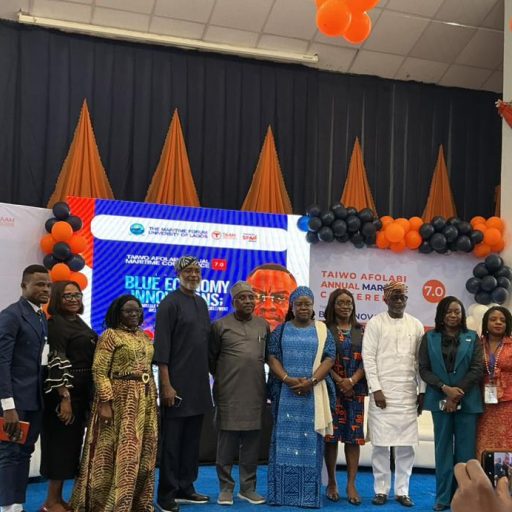
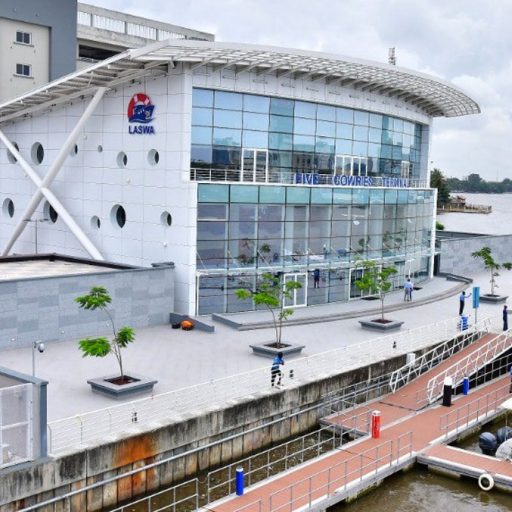
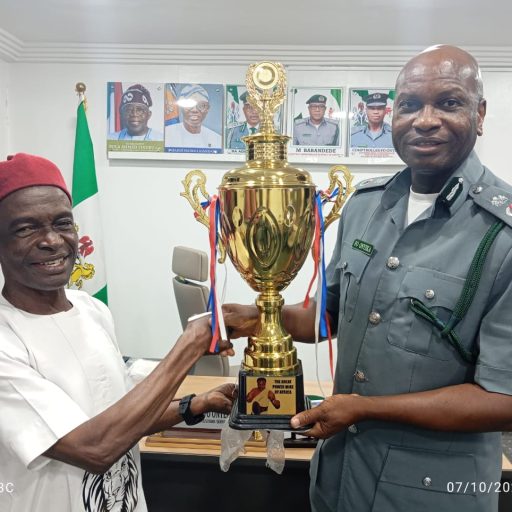
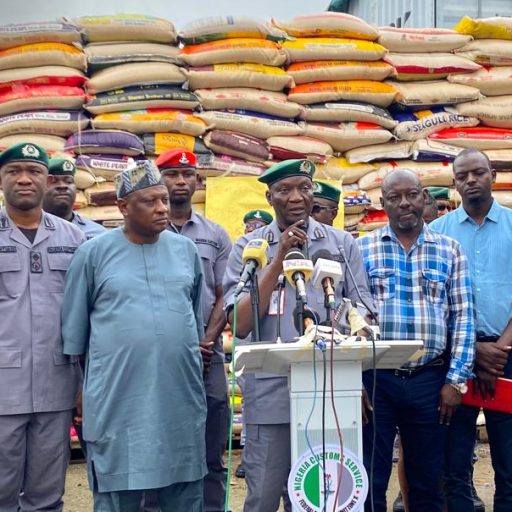
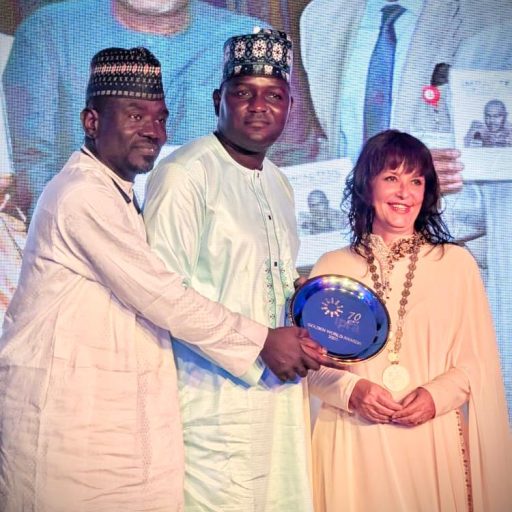
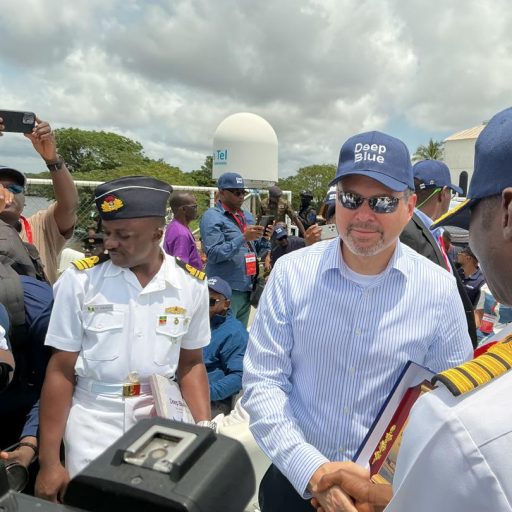
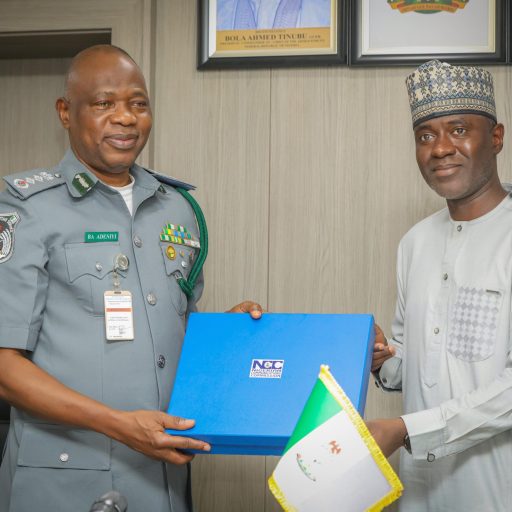
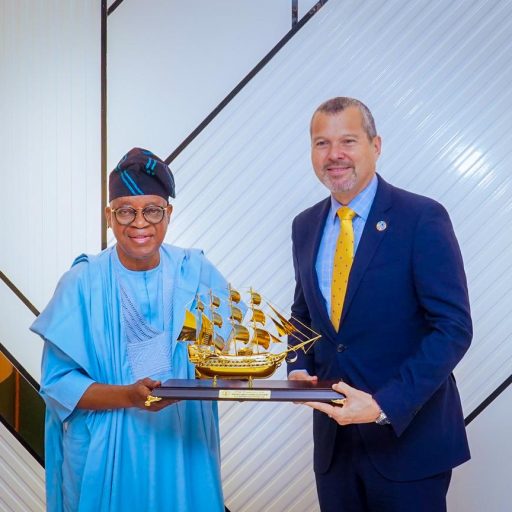

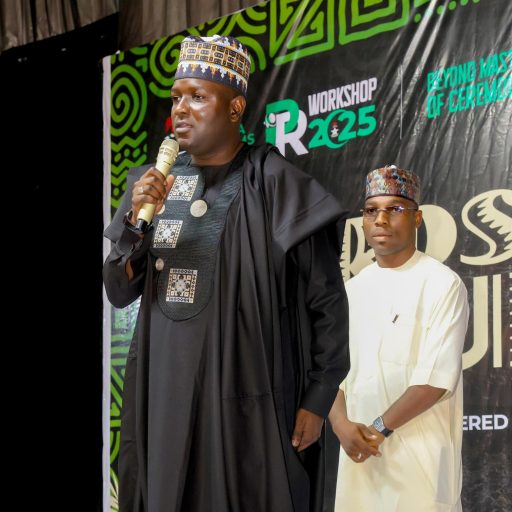
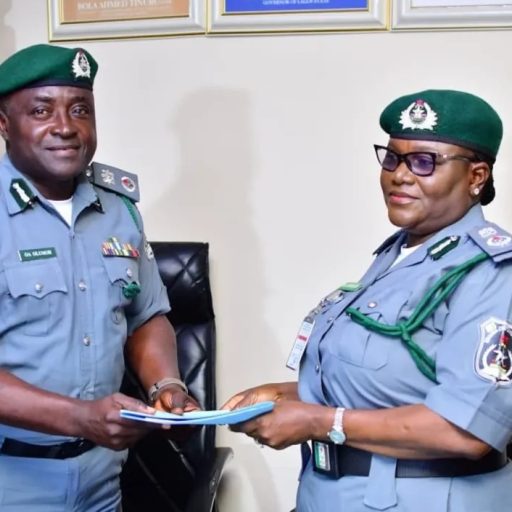
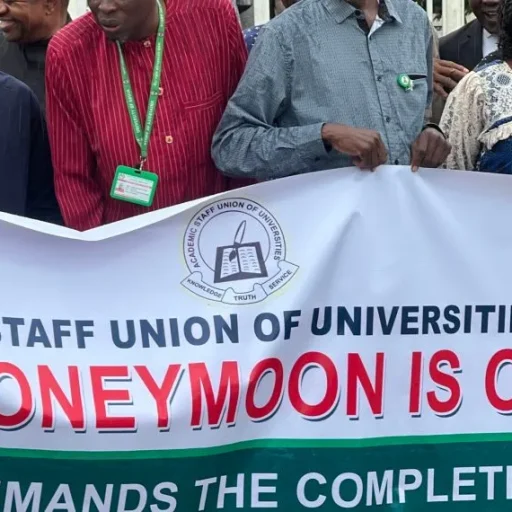
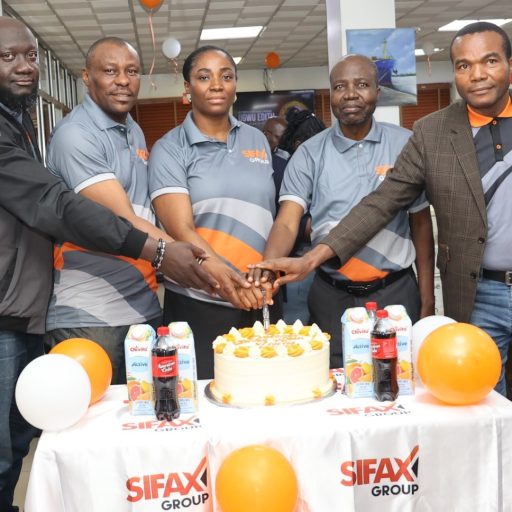
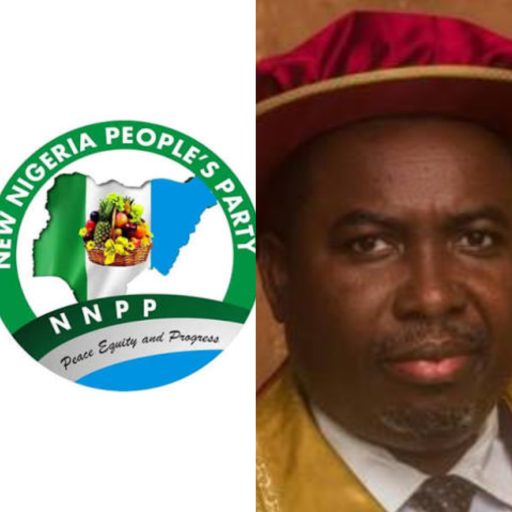
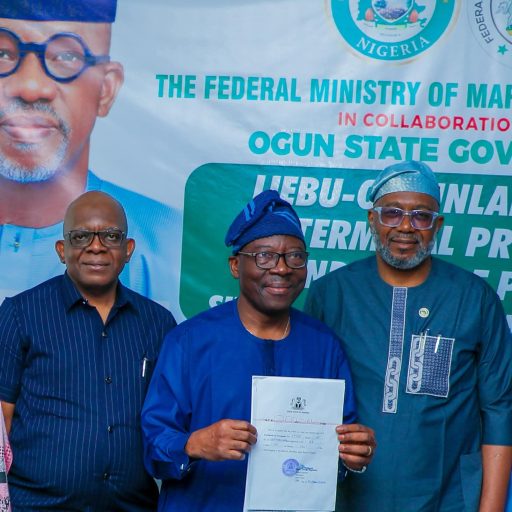
Leave a Reply